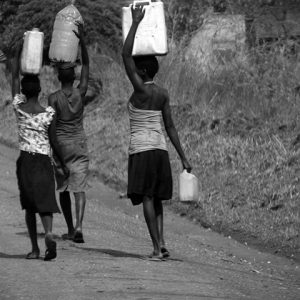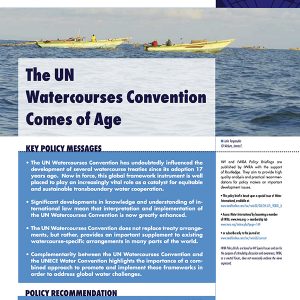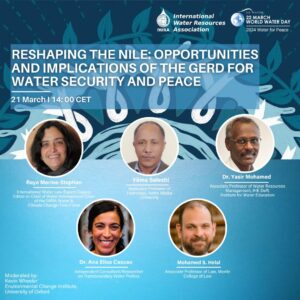This webinar, focusing on World Toilet Day 2019 engaged with this year’s theme of Leaving No One Behind. Mainly, it focused on the ways that many different groups have not yet realized the human right to sanitation, and do not have full access to toilets still.
The invited panellists discussed the intersections between sanitation and other close related issues such as history, politics, gender and oppression. Using the case study of India, one panellist explored how colonial era framings around cleanliness still have ramifications in sanitation policy and outcomes today. Other panellists discussed ways that toilets can serve as the first part in a path to broader sanitation access, and can help to frame the debate as one of entitlements. One matter that was highlighted was a broader right of the environment, reframing the sanitation debate in broader terms, which benefits more than only humans. Other panellists talked about how full realization of these human rights requires broader social change and expansion of rights, rather than only small changes or policy test cases. Finally, there was a review of up-to-date numbers and statistics on the achievement of the human right to sanitation and toilet access, and the appallingly high numbers of people who still suffer from illness and disease as a result of not having proper access.
The poll conducted during the webinar asked “What type of advances and pressure would be best to bring the realization of “Leaving No One Behind”? The most popular response was for grass roots activism although a close second answer was for technology advances.
With over 50 attendees registered, the World Toilet Day webinar was a successful event that featured: Jen Barr, WASH Consultant and Researcher; Lovleen Bhullar, Research Fellow, Edinburgh Law School; Philippe Cullet, Law, Environment and Development Centre Director, University of London; Lyla Mehta, Professor, Institute of Development Studies; and Natalia Uribe Pando, Programme Specialist, UNESCO WWAP. This event was moderated by Scott McKenzie, PhD Candidate, University of British Columbia.
Presentations are available by clicking on the titles below:
- 2019 World Water Assessment Report: Update on Sanitation
- Leaving ‘No One’ Behind, Ensuring the Right to Sanitation
- Toilets and leaving no one behind – Opportunities and limitations
- Private Acts, Public Stories: Sanitation NGOs during the ‘Clean India’ Mission
- Shitizens/ Citizens: Why Ignoring Sustainability, Gender and Culture Undermines Sanitation Progress




